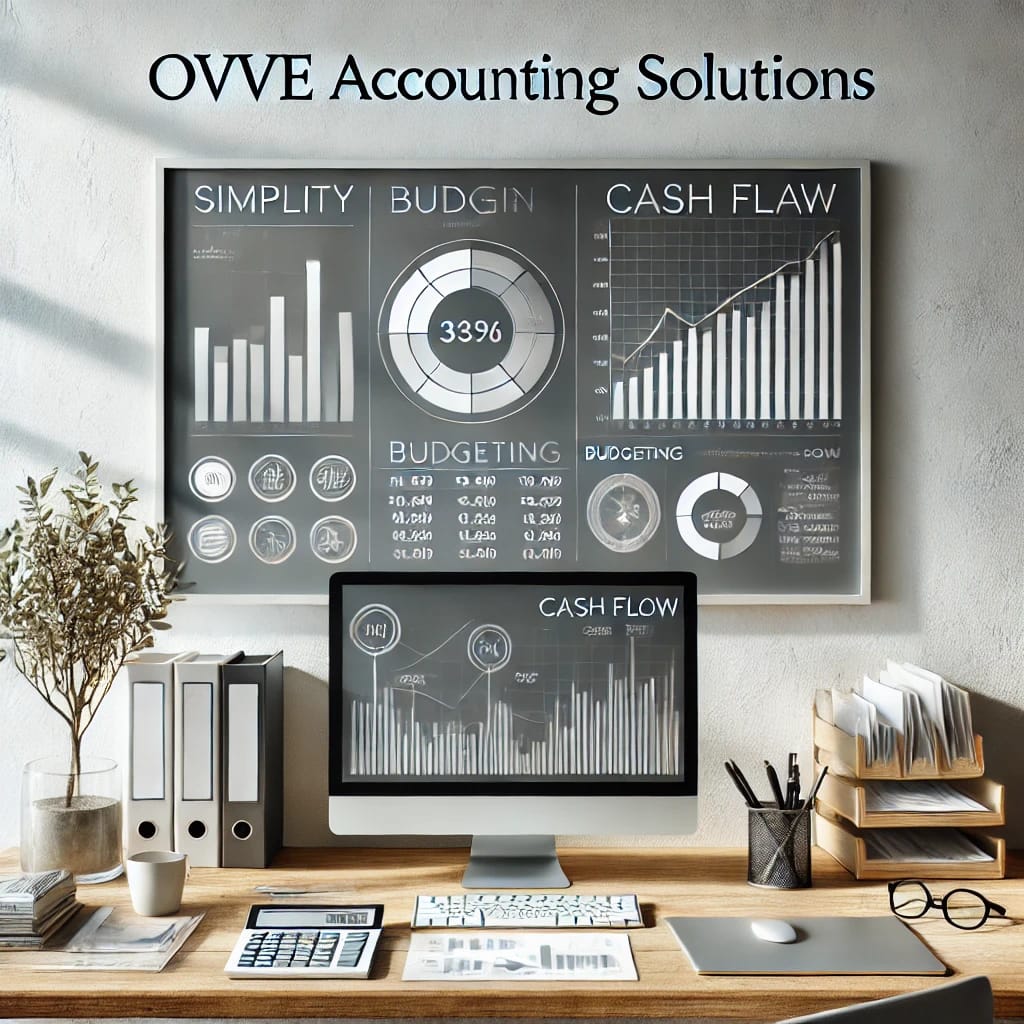
For many business owners, choosing accounting software seems like a simple decision—until they realize they’ve picked one that’s either too complicated or too basic. The wrong software can turn bookkeeping into a frustrating, time-consuming task instead of a tool that streamlines financial management.
If you’re a service-based business or nonprofit, making the right choice can save you time, improve accuracy, and give you clearer insights into your finances. Let’s explore how to choose software that fits your needs without unnecessary headaches.
The Two Biggest Mistakes Business Owners Make
1. Picking Software That’s Too Complicated
Many business owners assume that more features mean better software. They invest in complex platforms designed for large corporations, filled with functions they’ll never use. This leads to:
- Wasted time trying to learn an overly technical system
- Increased frustration from unnecessary features
- Higher costs for software and training that isn’t needed
2. Choosing Software That’s Too Basic
On the flip side, some business owners opt for the simplest software available, thinking it will save them time and money. But when the business grows, they quickly hit limitations such as:
- Lack of automation, requiring manual data entry
- No integrations with other tools like payroll or invoicing
- Limited reporting, making it harder to track financial performance
How to Choose the Right Accounting Software
1. Identify Your Business Needs
Before selecting software, ask yourself:
- How many transactions do I process monthly?
- Do I need features like invoicing, payroll, or inventory tracking?
- Will multiple team members need access?
- Do I want to integrate my accounting software with other tools?
Understanding your needs ensures you don’t overpay for unnecessary features or choose a system that won’t scale with your business.
2. Prioritize Ease of Use
Your accounting software should save time, not add stress. Look for:
A user-friendly interface
Mobile access for bookkeeping on the go
Simple, automated workflows for expenses and reporting
3. Consider Integration Capabilities
Your accounting system should seamlessly connect with:
Bank accounts for automatic transaction syncing
Payroll software to streamline employee payments
Project management or invoicing tools to track income and expenses
If your software doesn’t integrate with the tools, you already use, you’ll spend extra time manually inputting data.
4. Think About Scalability
Your business today might look different in a year. Choose software that can grow with you by offering:
- Additional users if you hire a team
- Advanced reporting for deeper financial insights
- Customizable plans that evolve as your business needs change
5. Get Expert Advice
If you’re unsure which accounting software fits best, consult a professional. At OVVE Accounting Solutions, we help businesses like yours find the right tools to simplify bookkeeping and make financial management stress-free.
Our Top Accounting Software Picks
Depending on your needs, here are some great options:
QuickBooks Online – Best for small businesses needing automation and integrations
Xero – Great for service-based businesses with collaboration needs
Wave – Ideal for solopreneurs and freelancers on a budget
Each of these platforms has strengths, but the best choice depends on your business operations.
Final Thoughts
Choosing the right accounting software doesn’t have to be overwhelming. By focusing on your needs, prioritizing usability, and ensuring scalability, you can find a solution that saves time and reduces stress.
Need help making the right choice? OVVE Accounting Solutions can guide you through the decision process to find a system that works for you. Let’s simplify your bookkeeping and free up your time!



















